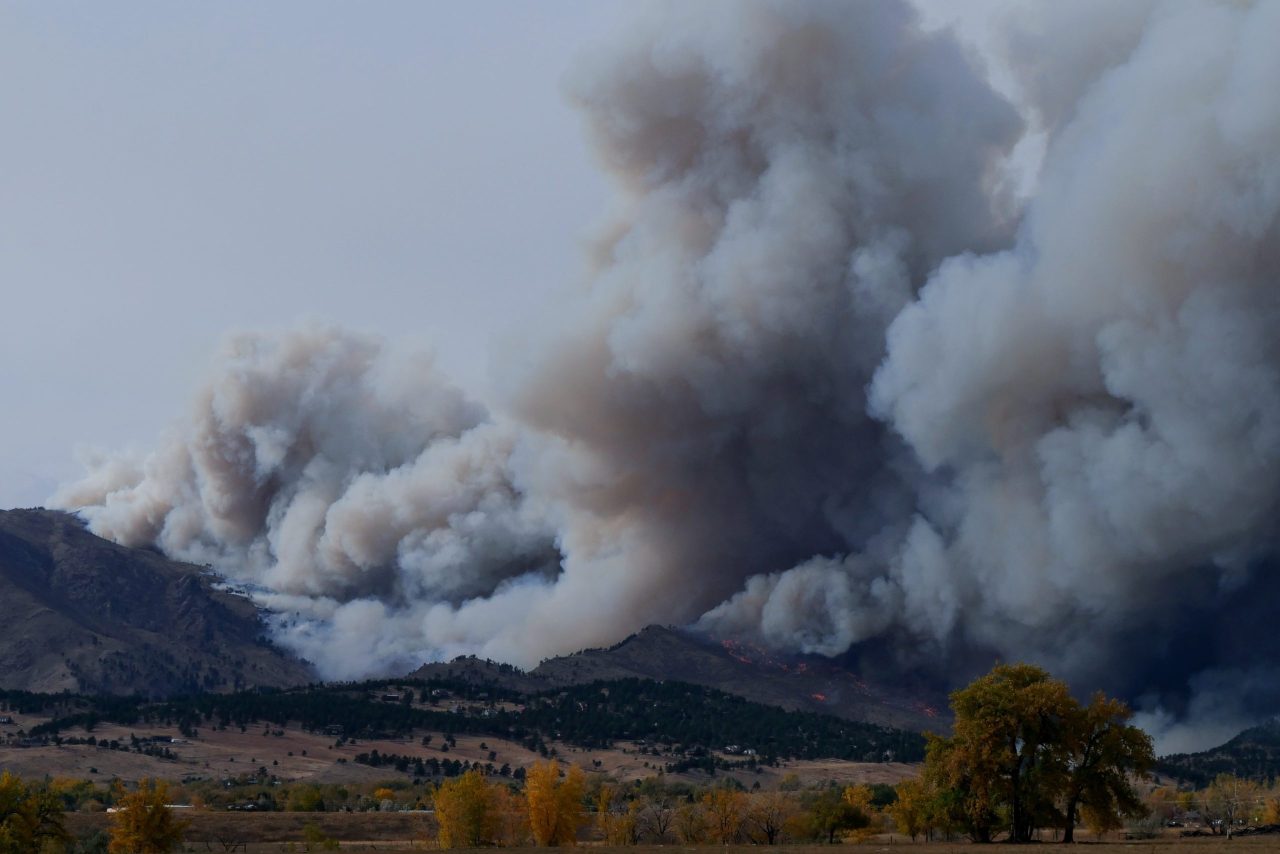Grazing Wildlife: Nature’s Unexpected Ally in Preventing Bushfires
Bushfires are a growing menace, threatening delicate ecosystems, wildlife, and human communities alike. With their frequency and intensity on the rise, finding sustainable solutions to mitigate these disasters has never been more pressing. One often-overlooked ally in this battle? Grazing wildlife.
Animals like deer, kangaroos, and bison have an incredible ability to shape their landscapes, reducing the very fuels that fires rely on to spread. These “natural landscapers” aren’t just vital to ecosystem health—they also play a key role in bushfire prevention.
How Grazing Wildlife Reduces Fire Risks
Grazing animals instinctively reduce the buildup of dry grasses, shrubs, and other combustible vegetation—the perfect ingredients for a wildfire. By munching away on these fuel sources, they act like nature’s lawnmowers, keeping the landscape tidy and lowering the risk of fires spreading.
But they do more than just eat. Through their movement and feeding patterns, these animals create open spaces—natural firebreaks that slow or even stop the spread of flames. Think of it as nature’s own fire defense system. In areas near homes or infrastructure, this grazing behavior can make a world of difference, acting as a buffer that keeps communities safer from wildfires.
Boosting Biodiversity and Ecosystem Resilience
There’s another layer to this story. By selectively feeding on certain plants, grazing animals encourage the growth of more fire-resistant vegetation. This keeps highly flammable species from taking over and helps create a diverse, balanced plant community—one that’s less prone to catastrophic fires.
This natural balance doesn’t just reduce fire risks; it strengthens the overall health of ecosystems. A resilient landscape is better equipped to recover from fires and other challenges, creating a win-win for both wildlife and humans.
A Collaborative Path Forward
More land managers and conservationists are waking up to the potential of grazing wildlife in fire management. Across the globe, collaborative efforts are bringing together farmers, ecologists, and wildlife experts to implement controlled grazing programs. These initiatives aim to mimic natural grazing behaviors while maintaining wildlife populations at levels that benefit ecosystems and reduce fire risks.
For example, in many parts of Europe, projects are using semi-wild herds of herbivores like reindeer or ancient cattle breeds to restore ecosystems while managing vegetation. By combining traditional knowledge with modern science, these efforts strike a balance between conservation and fire prevention.
Grazing Wildlife: The Unsung Heroes
At a time when climate change is intensifying the challenges we face, it’s worth celebrating these quiet, unassuming heroes of the natural world. Grazing wildlife aren’t just a part of the landscape—they’re active participants in keeping it safe, biodiverse, and resilient.
So the next time you spot a herd of deer in a meadow or watch a bison grazing in the distance, remember this: they’re not just feeding themselves. They’re helping to protect entire ecosystems—and by extension, all of us.
By supporting conservation efforts and embracing land management strategies that work with nature, we can amplify the positive impact of grazing wildlife. It’s a small but powerful way to safeguard our landscapes, protect communities, and ensure that future generations inherit a world teeming with life, diversity, and resilience.
